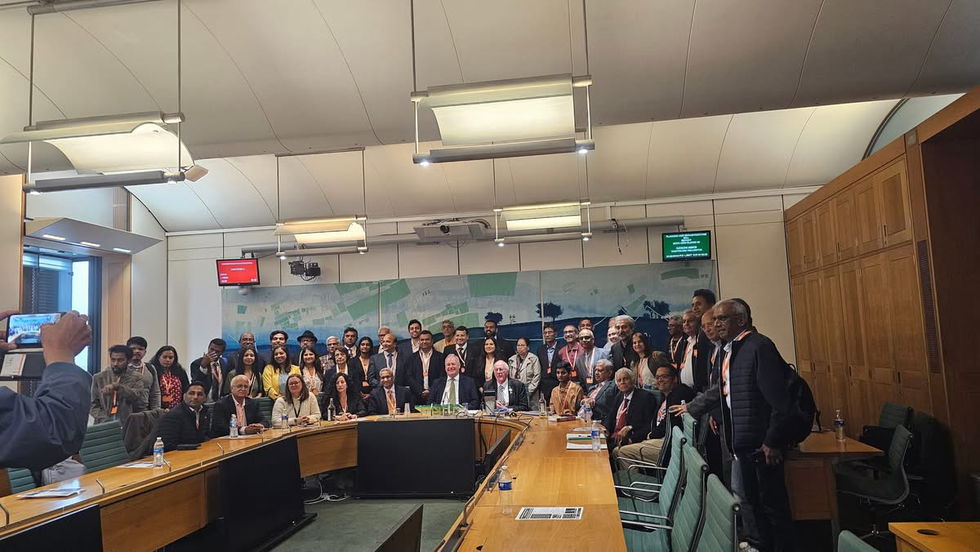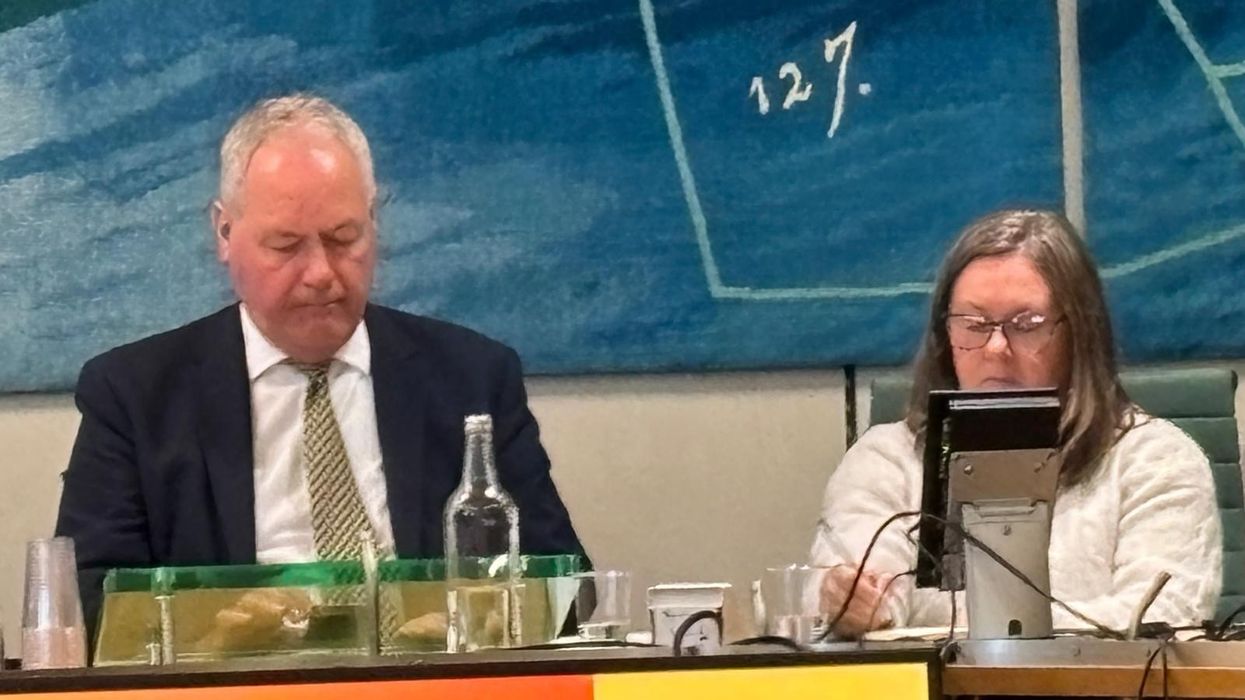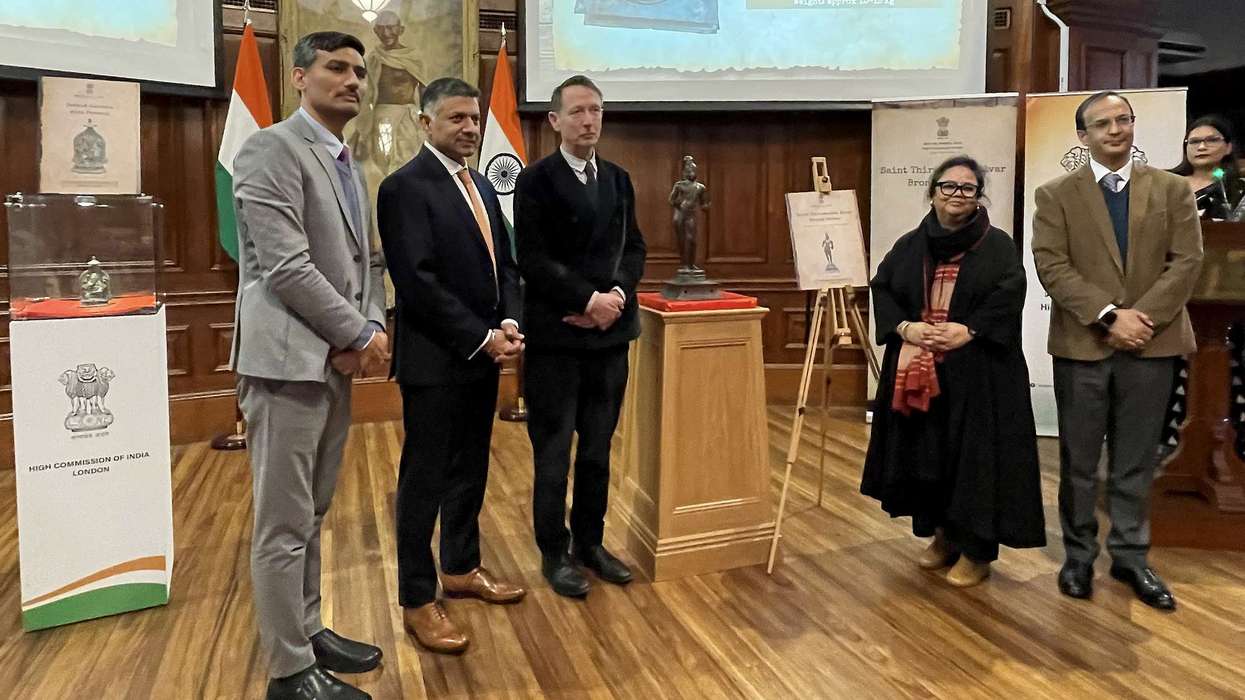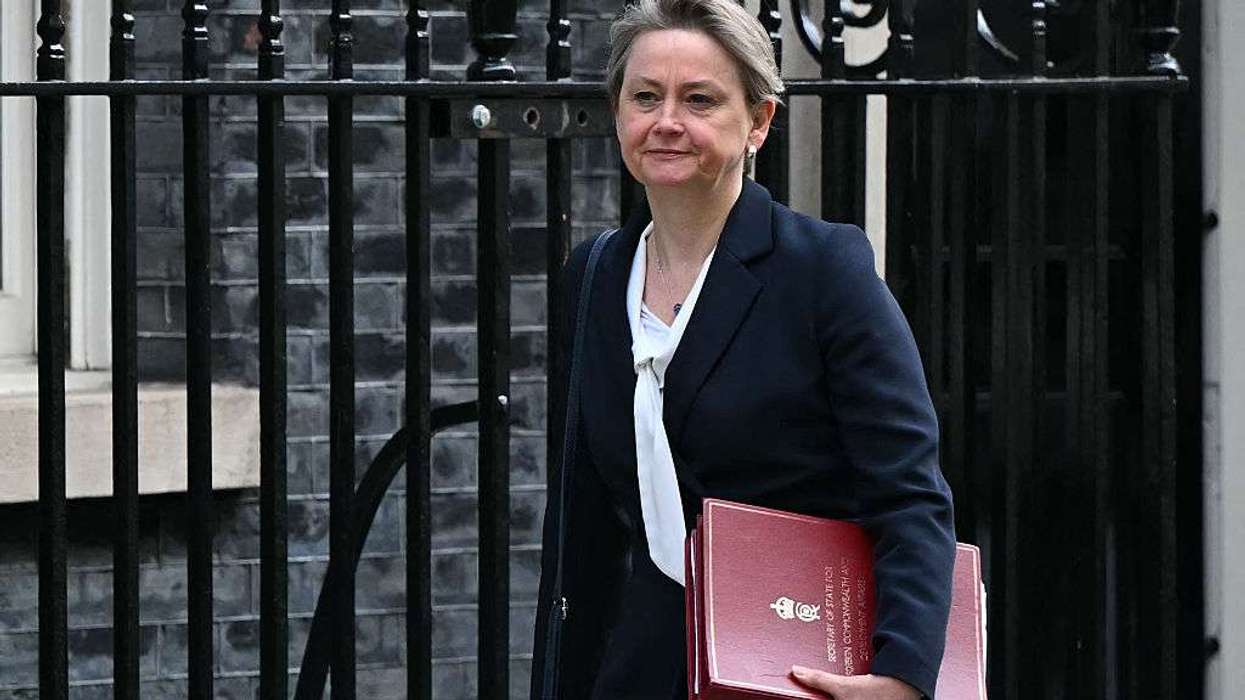A high-profile conference on religious freedom in Bangladesh and Baluchistan was held at Portcullis House, Westminster, organised by the Dharmic Ideas & Policy Foundation (DIPF), hosted by Bob Blackman MP (Harrow East), and supported by APPG leaders on Freedom of Religion and Belief (FoRB), including Richard James Shannon MP and Julie Jones on 9 June 2025.
Chairing the conference, Mr Blackman condemned the ongoing persecution of minorities in both regions, describing the situation as dire and deteriorating.
The keynote speaker, Mr Tathagata Roy—former Governor of Meghalaya and Tripura and author of My People Uprooted—outlined the historical roots of the crisis, tracing anti-Hindu violence from the 1943 Bengal famine and Noakhali riots through the genocides of 1950, 1962, and 1971. He highlighted the dramatic decline of Bangladesh’s Hindu population from 29% in 1947 to just 8% today, labelling the ongoing violence and displacement a "Hindu Holocaust".
Testimonies from Bangladeshi minorities Samir Das and his daughter Sudipta Das, as well as a lawyer recently arrived from Bangladesh, provided first-hand accounts of abductions, rape, and intimidation. All speakers pointed to the worsening conditions since the 2024 regime change.

Investigative journalist Francesca Marino, author of Baluchistan: Bruised, Battered and Bloodied, detailed Pakistan’s systemic oppression of the Baluchi people, including enforced disappearances, torture, and the use of rape as a weapon of control.
Dr Gautam Sen, formerly of the London School of Economics, concluded the session by underlining the civilisational assault on traditional cultures in both regions and the gendered violence used to dismantle them.
The conference closed with urgent policy recommendations:
- UK and allied democracies to apply diplomatic pressure and sanctions on Pakistan and Bangladesh for human rights violations.
- Support for Baluchi self-determination.
- Economic and hydrological leverage by India, and implementation of the Citizenship Amendment Act (CAA) to aid displaced minorities.





